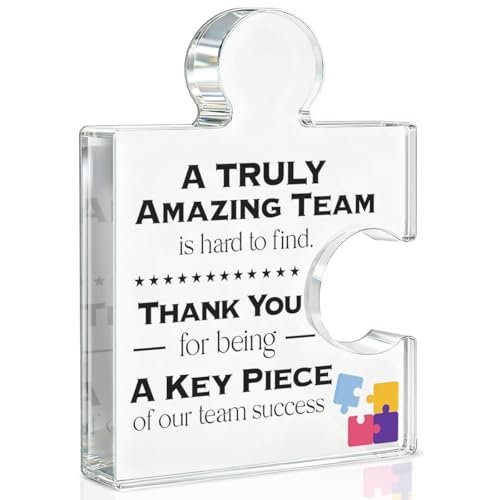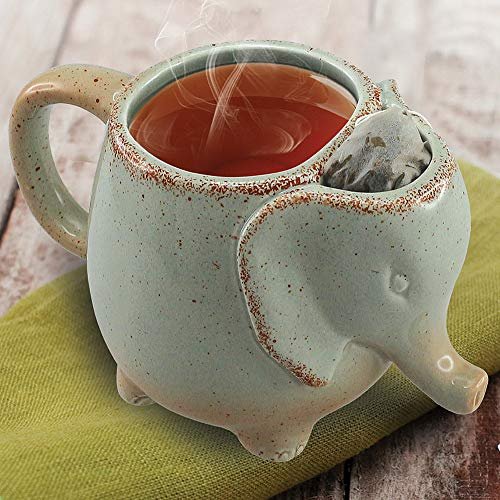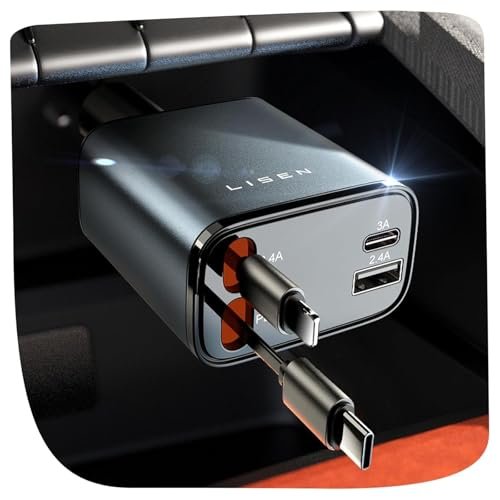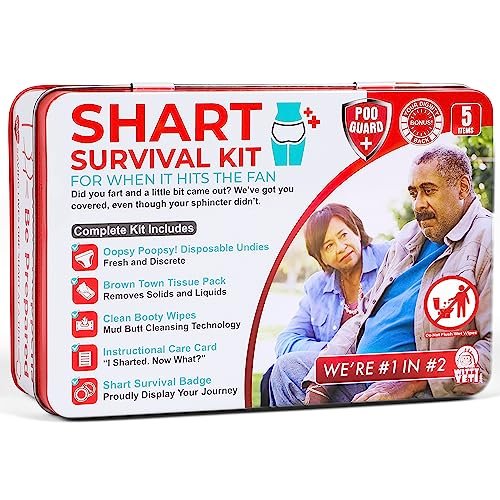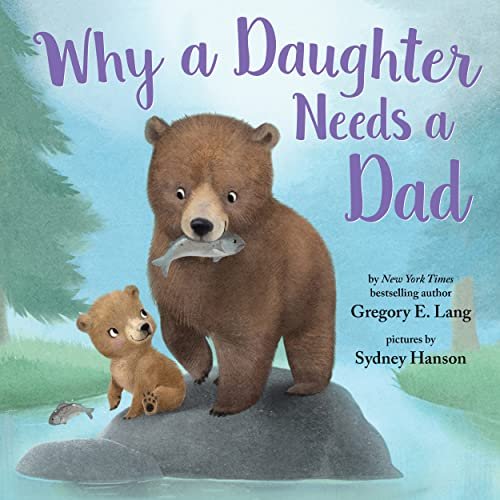Chess is a game of strategy. It can be very exciting. The endgame is the final part of a chess game. It is very important. This guide will help you practice endgames. These exercises are for beginners. They are easy to understand. Let’s start!
Why Practice Endgames?
The endgame is the last stage of a chess game. Many games are decided in this stage. If you practice endgames, you will win more games. You will learn how to use your pieces better. You will learn how to checkmate your opponent.
Basic Endgame Principles
There are some important principles in the endgame. Here are a few:
- King Activity: Your king becomes very important. Move it to the center.
- Pawn Promotion: Try to promote your pawns. They can become queens.
- Opposition: Use your king to block the opponent’s king.

Credit: www.newinchess.com
King and Pawn Endgames
King and pawn endgames are common. They are also simple. Here are some exercises:
Exercise 1: The Opposition
The opposition is very important. It means your king blocks the other king. Here is an example:
8 . . . k . . . . 7 . . . . . . . 6 . . . . . . . 5 . . K . . . . 4 . . . . . . . 3 . . . . . . . 2 . . . . . . . 1 . . . k . . .
In this position, the white king has the opposition. The black king cannot move forward. Try to get the opposition in your games.
Exercise 2: Pawn Promotion
Promoting a pawn is important. Here is an example:
8 . . . k . . . . 7 . . P . . . . 6 . . . . . . . 5 . . K . . . . 4 . . . . . . . 3 . . . . . . . 2 . . . . . . . 1 . . . k . . .
In this position, the white king should help the pawn. Move the king to support the pawn. Promote the pawn to a queen.

Credit: www.amazon.com
Rook Endgames
Rook endgames are also common. They are a bit harder. Here are some exercises:
Exercise 1: The Lucena Position
The Lucena position is famous. It is a winning position. Here is an example:
8 . . . . . R k 7 . . . . . . . 6 . . . . . . . 5 . . . . P . . 4 . . . . K . . 3 . . . . . . . 2 . . . . . . . 1 . . . . . . .
In this position, the white rook should move to the side. This is called “building a bridge”. The white king can then help the pawn promote.
Exercise 2: The Philidor Position
The Philidor position is also famous. It helps you draw the game. Here is an example:
8 . . . . . R k 7 . . . . . P . 6 . . . . . . . 5 . . . . . . . 4 . . . . . . . 3 . . . . K . . 2 . . . . . . . 1 . . . . . . .
In this position, move the rook to the third rank. The black king cannot get close. The game will end in a draw.
Queen Endgames
Queen endgames are powerful. They can be tricky. Here are some exercises:
Exercise 1: King And Queen Vs. King
Checkmating with a king and queen is easy. Here is an example:
8 . . . . . . . . 7 . . . . . . . . 6 . . . . . . . . 5 . . . . . . . . 4 . . . . . . . . 3 . . . . . . . . 2 . . . K . . . . 1 . . . . . . q k
In this position, move the queen to control the squares. Use your king to support the queen. Checkmate the black king.
Exercise 2: Queen And Pawn Vs. Queen
This endgame is harder. Here is an example:
8 . . . . . . . . 7 . . . . . . . . 6 . . . . . . . . 5 . . . . . . . . 4 . . . . . . . . 3 . . . . . . . . 2 . . . . . . . . 1 . . . . . . . .
In this position, use your queen to support the pawn. Try to promote the pawn. Be careful of checks from the opponent’s queen.
More Tips for Endgames
Here are some more tips for endgames:
- Stay Calm: The endgame can be stressful. Take your time. Think carefully.
- Count the Material: Check the number of pieces. It helps you plan.
- Practice: The more you practice, the better you get.
Conclusion
Endgames are very important in chess. They can decide the game. Practice these exercises. Follow the tips. You will improve your skills. Enjoy your chess journey!
chessmantras.com is a participant in the Amazon Services LLC Associates Program, an affiliate advertising program. As an Amazon Associate, we earn from qualifying purchases made through our links.

